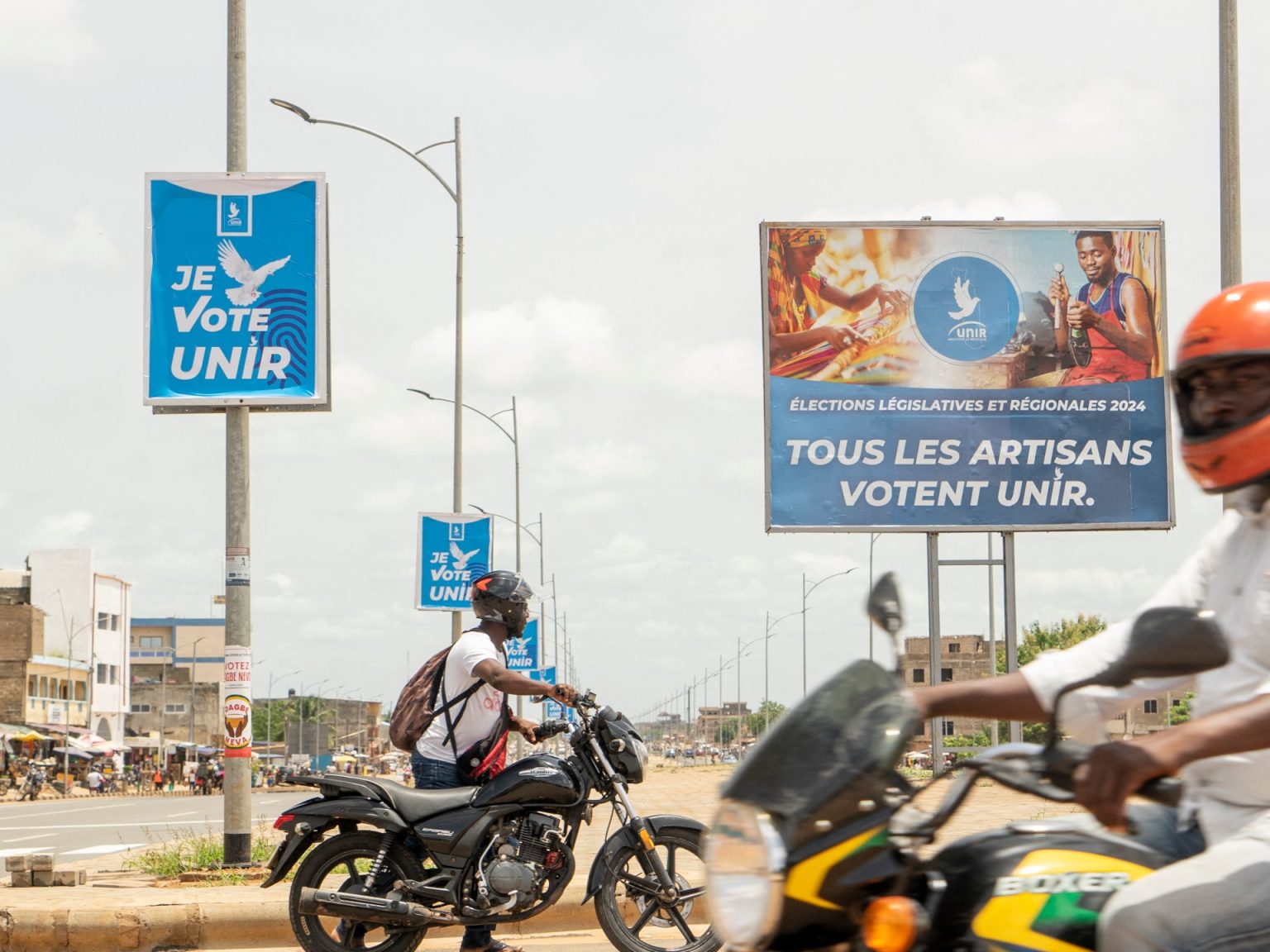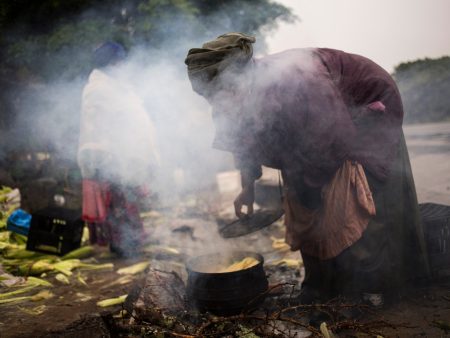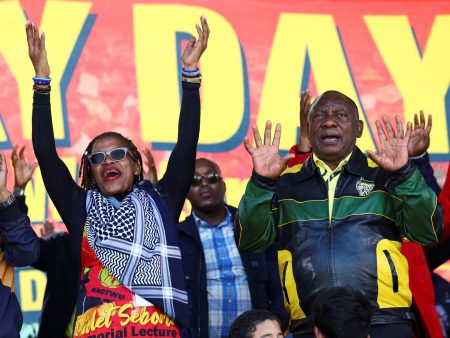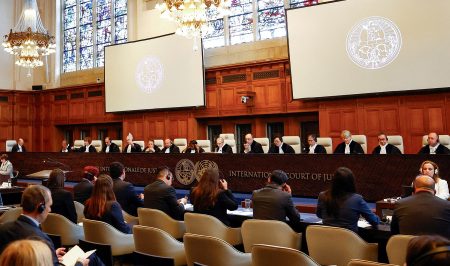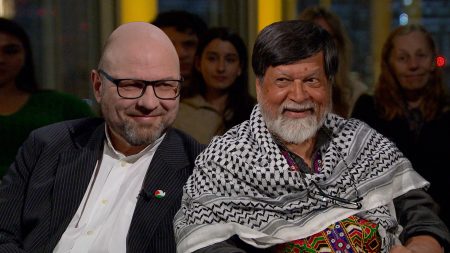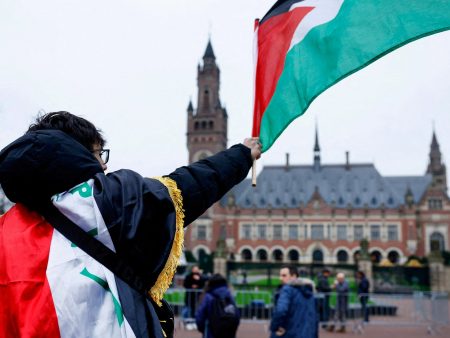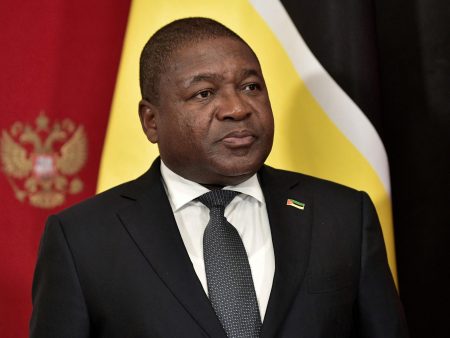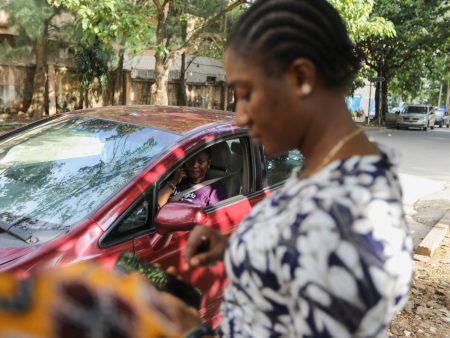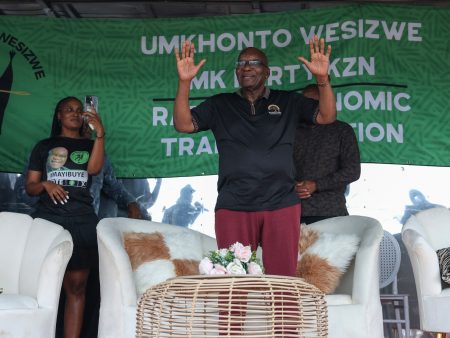The parliamentary elections in Togo have caused tensions in the region, with 4.2 million voters heading to the polls. Changes to the constitution have led to indirect voting, potentially solidifying President Faure Gnassingbe’s rule. Togo’s significance as a maritime trade hub adds to the importance of these elections, as unrest could disrupt trade in the region.
The constitutional amendments passed in April have shifted the power dynamics in Togo, with the president set to be elected by parliament members. This change has sparked protests and criticism from opposition groups and civil society. The alterations would limit the president’s power to a largely ceremonial role, with an all-powerful prime minister taking on significant responsibilities.
Despite the changes, President Gnassingbe is positioning himself to retain power through the appointment of a loyalist as prime minister. The Togolese opposition has mobilized for the elections, with various parties competing for parliamentary and regional council seats. The opposition is divided, with some factions boycotting previous elections and others forming coalitions with the ruling party.
Critics have raised concerns about the fairness of the elections, citing past instances of intimidation and violence during the electoral process. The ban on foreign media coverage and the refusal to accredit independent monitors have further raised doubts about the transparency of the elections. The African Union and ECOWAS have sent observer missions in the past but have been criticized for not taking strong actions against election-related violations.
The outcome of the elections is likely to result in a UNIR majority, paving the way for President Gnassingbe to continue his long rule. The opposition’s ability to reverse the changes through protests remains uncertain, as the government could crack down on dissent. ECOWAS faces a challenge in addressing the situation in Togo and upholding democratic principles in the region, with President Bola Tinubu being called upon to take a more assertive stance against democratic backsliding.
Overall, the parliamentary elections in Togo are significant for the country’s political landscape and regional stability. The changes to the constitution and the potential consolidation of power by President Gnassingbe have raised concerns about democratic principles and the fairness of the electoral process. The actions of the opposition, government, and international organizations will shape the future of Togo and its impact on the wider West African region.




